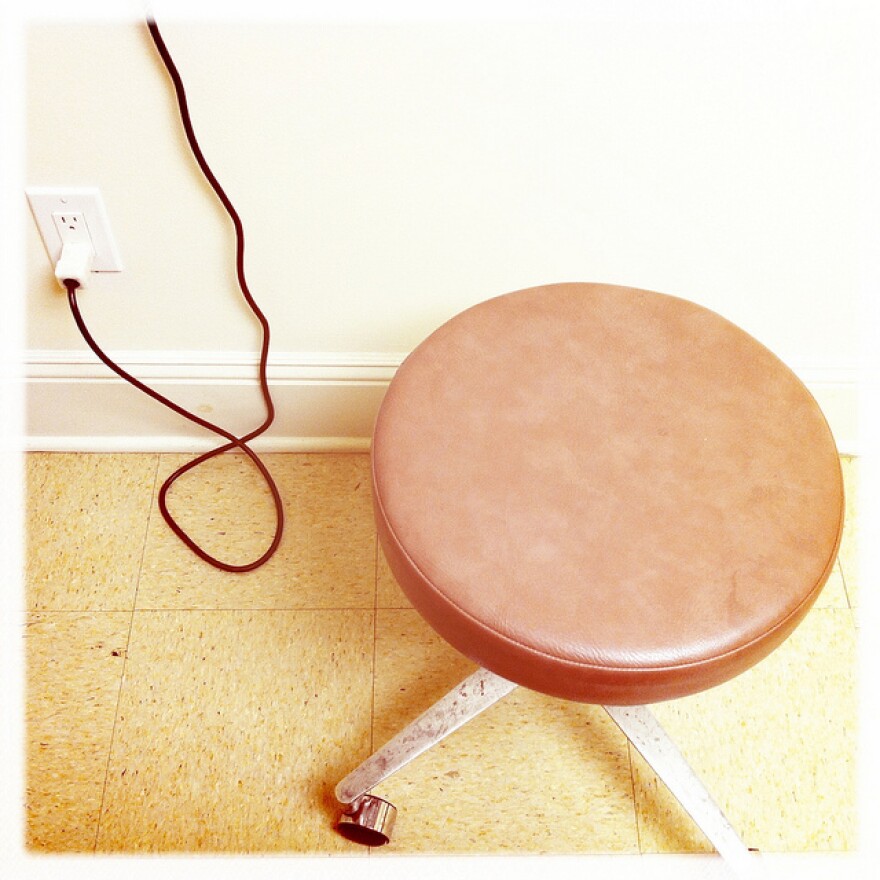Your employer is concerned about rising insurance costs and you don’t want to see your benefits slashed, so they ask you to participate in some medical tests and enroll in a wellness plan. If you and your fellow employees participate, you’ll qualify for discounts on your premium and deductible.
Is this an invasion of privacy? Where do these records go and who will see them? Will your colleagues know if you didn’t participate in the wellness program?
This week, “Take Care” interviews Dr. Deborah Peel, a physician, and a leading advocate for patients’ rights and the founder of Patient Privacy Rights, a bipartisan coalition for patient privacy. Dr. Peel says she understands the need to have healthy, happy employees but does not agree with what she calls the “short-sighted” solution.
Click "Read More" to hear our interview with Dr. Deborah Peel.
Some of the programs employers have established to help lower health insurance costs include wellness programs, risk assessments, lab tests or medical screenings. But some employees see these things as intrusive.
“The problem with many of these programs is that they make it seem like the only player, or the main player, the one who’s causing the problems are patients, employees who need healthcare. It’s a kind of blame the victim sort of thing,” Peel said.
Peel says while she understands that individuals need to take responsibility of their own mental and physical health, she says many of the health problems facing Americans, like obesity and diabetes, have become an “epidemic of sorts.” She says they are rooted in broader societal problems, and likely can’t be addressed by company wellness programs.
“I have never seen anyone who wants to be sick or unhealthy,” Peel said. “People really do want to be healthy.”
A sensitive spot
Each time you visit a doctor’s office, sensitive health data is collected, but it’s not always kept private. And if the company is requesting the health information, who gets to see it?
“People are incredibly sensitive about their bodies and their minds,” Peel said.
Some companies pledge to never look at their employees records, but they are not required to uphold these promises and no company is required to keep records private, says Peel. There’s also no way to know who sees health records in an electronic system -- no “chain of command.”
“I’ve been practicing for a long time in a privacy-sensitive specialty, psychiatry and Freudian-psychoanalysis. In the late ‘70s, people asked me, ‘If I pay you cash, will you keep by records private?’ That was the paper age.”
People were concerned with their records because of insurance claims had resulted in punishment at work. Sometimes they were not promoted, Peel said, or put in difficult positions in which they failed.
Sharing is not always caring
When a patient submits a claim, it is sent to the Medical Information Bureau (MIB). The purpose is to make information available to health insurance companies if you change providers. It allows them to know which medical conditions you have, but even this process has flaws, according to Peel.
“We can’t see this information. We don’t even know that it’s accurate, and in fact, another big problem with health data, there’s lots of errors in electronic health records.”







